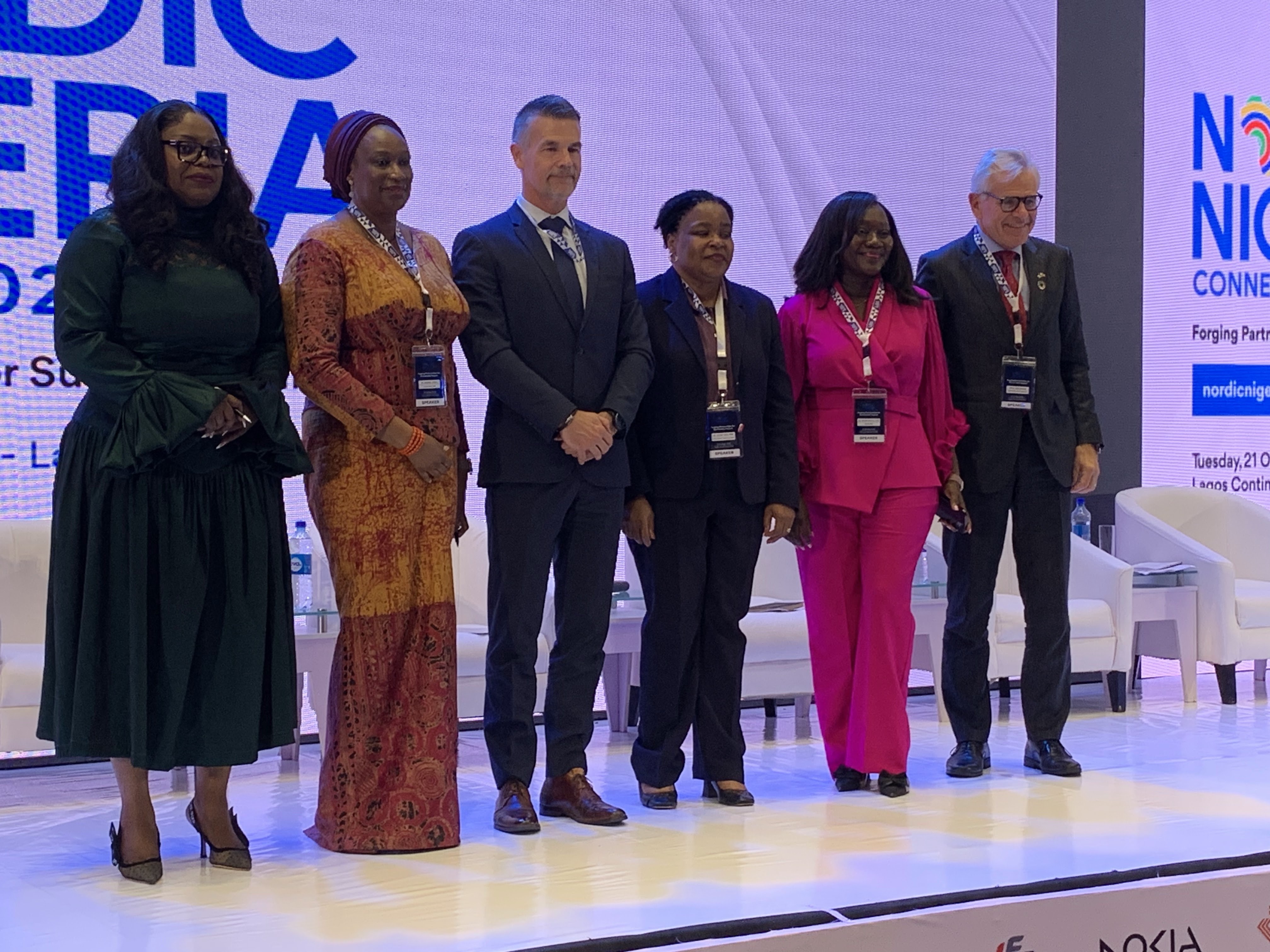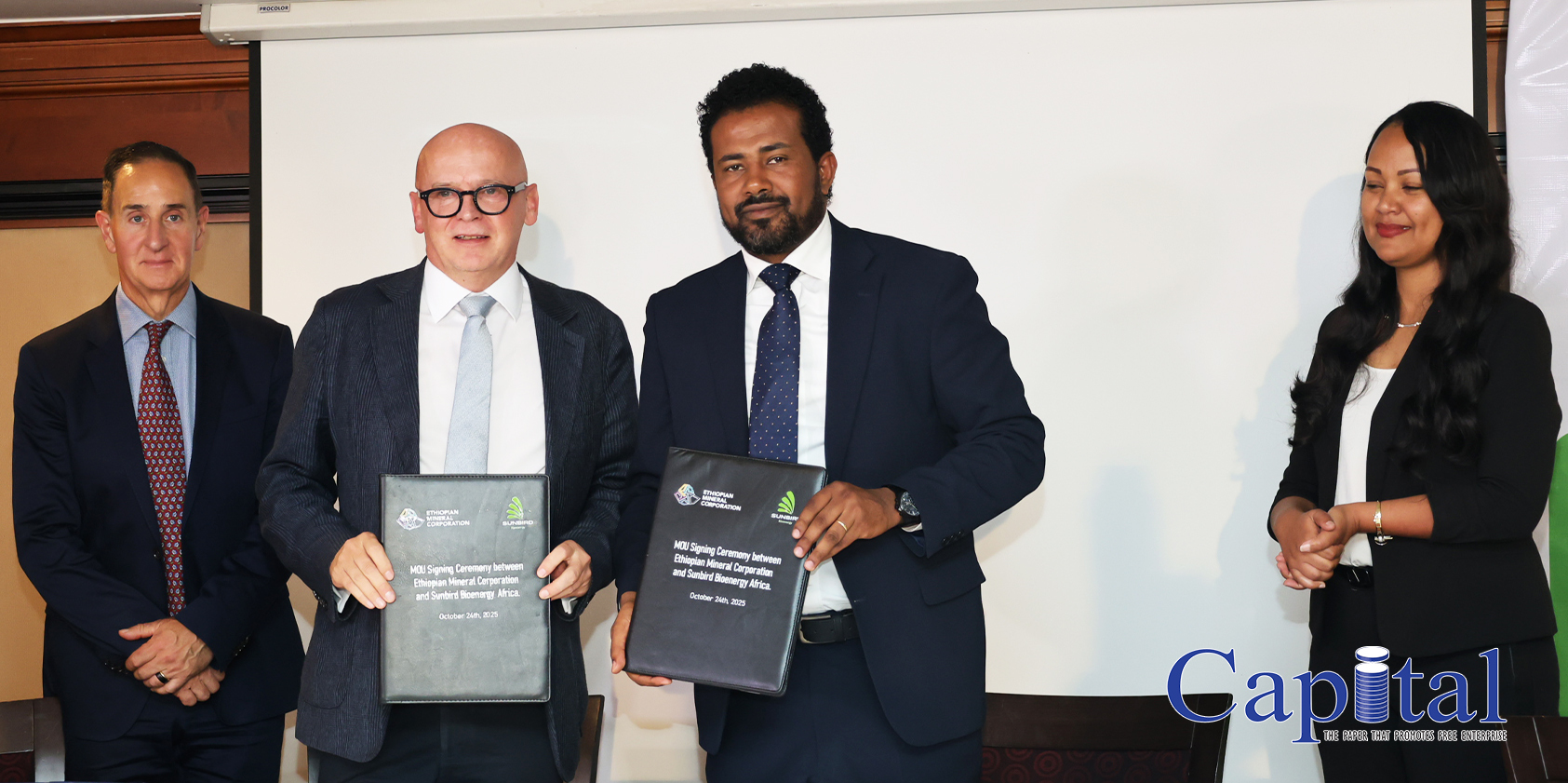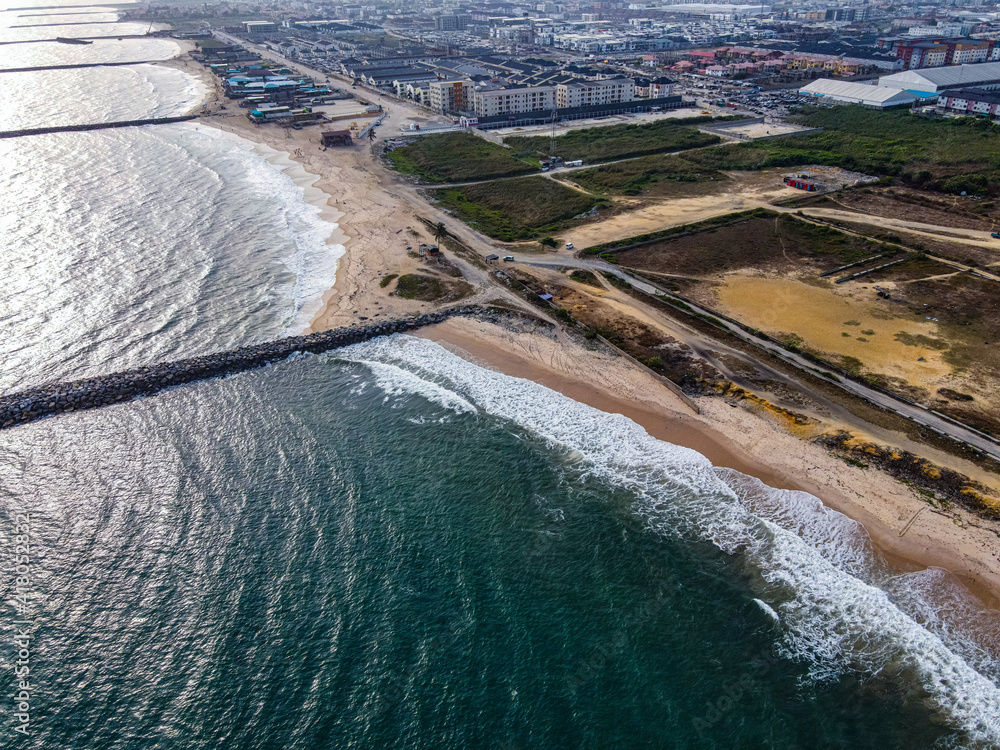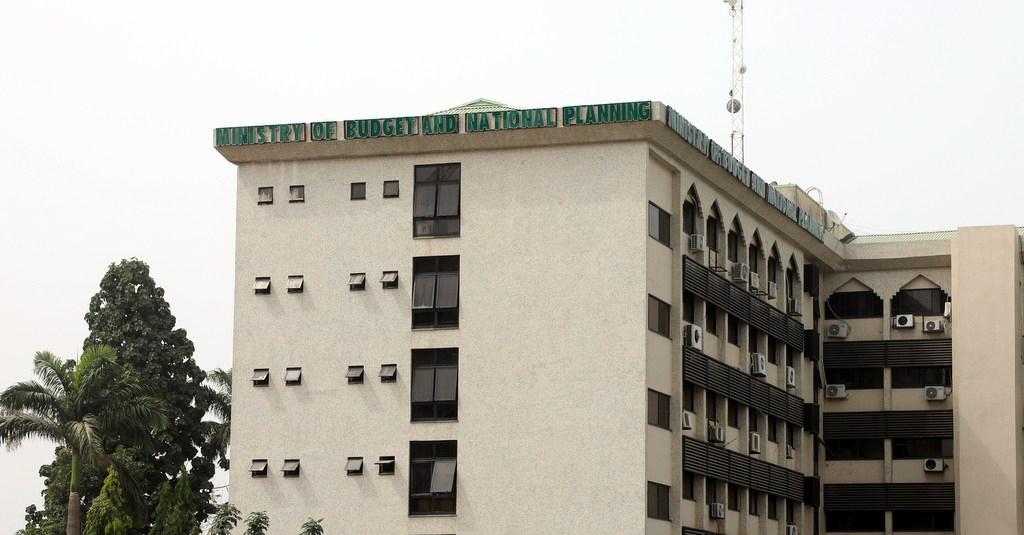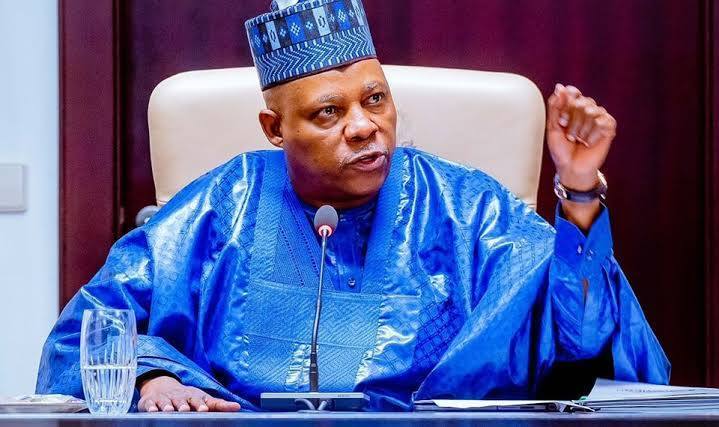At the 2025 Nordic-Nigeria Connect forum, the second panel, themed "Capital & Collaborations: Lessons For Succeeding in Nigeria", gathered experts at the Continental Hotel, Victoria Island. They examined the evolving reforms and barriers influencing investment and sustainable growth.
Speakers emphasised that Nigeria's future depends on turning ambition into action, by dismantling entry barriers, modernising logistics, and nurturing business environments rooted in trust, innovation, and long-term commitment.
Unlocking Growth: The Power of Partnership, Logistics, and Trust
Nigeria stands at a critical crossroads, no longer content with untapped potential. This was the mainstay of leaders from policy, industry, and finance who charted practical solutions for inclusive growth.
Nordic investors, development financiers, and government reformers spoke openly: doing business in Nigeria remains tough but is improving through shared commitment to reform.
Panellists spotlighted progress in free zones, customs digitisation, port upgrades, and industrial clustering, while identifying bottlenecks to unlock trillions in SME credit. Gender inclusion, workforce development, and transparent regulation emerged as key levers for competitiveness.
From climate finance to local-global partnerships, the session concluded that Nigeria's transformation depends on trust, embedding transparency, accountability, and collaboration to position the nation as a continental model for sustainable, future-ready business.
From Barriers to Business – Nigeria Unpacks the Entry Challenge
Panellists acknowledged historic investor hesitation: "How do I make sense of this huge, complex country?" Delays, red tape, infrastructure gaps, and policy uncertainty have long scared off global players.
But as one Adesuwa Lodoja noted, free zones and plug-and-play industrial parks are closing those gaps with streamlined customs, efficient road links, and single-window regulation.
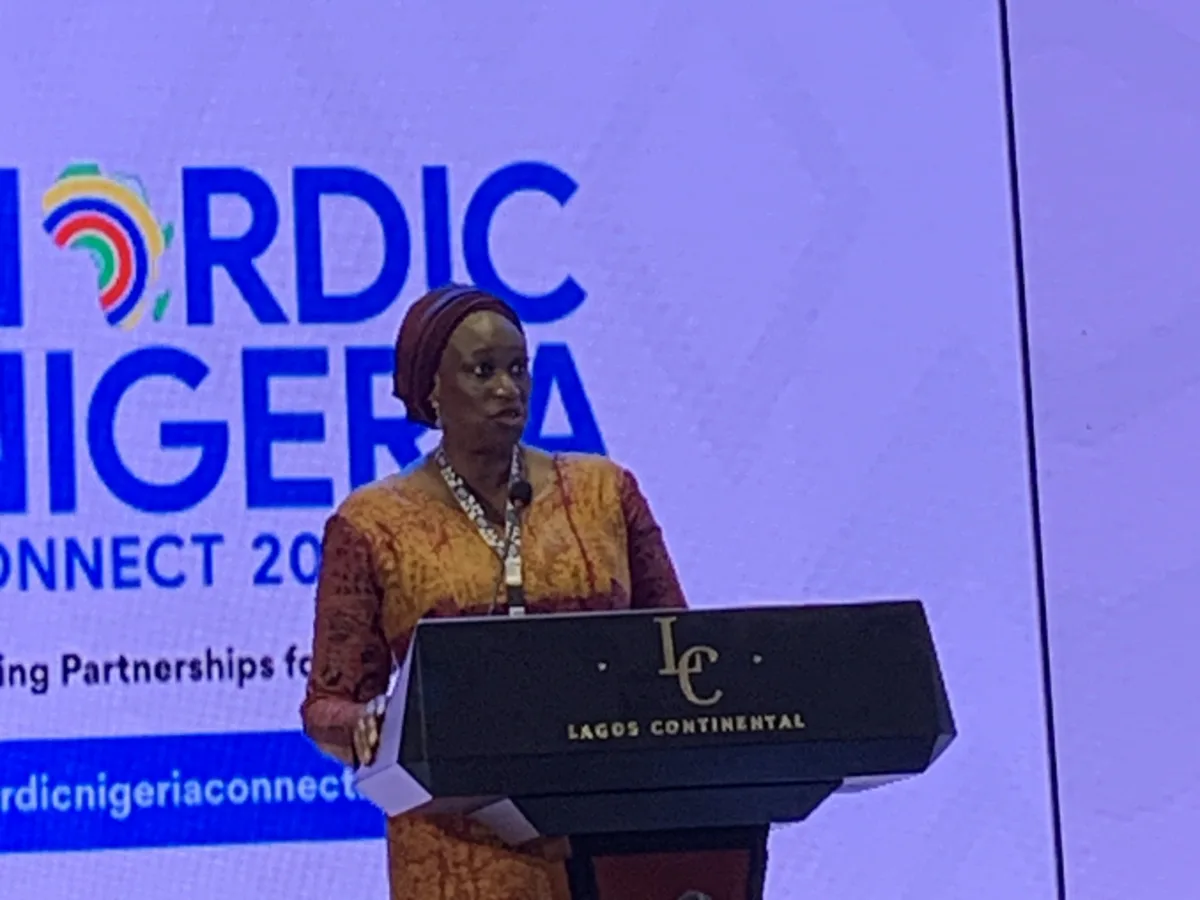
Collaboration and Capital – What Actually Works on the Ground
Nordic-African partnerships, blended finance, and patient equity are driving new investments.
The Development Bank of Nigeria's model brought $2.5 billion in loans to over 860,000 small businesses, 70% of them women owned.
Nordic funds, meanwhile, are backing plastic recycling, green cement, solar, and value-added food industries.
| Lever | Reform/Innovation | Measurable Impact |
| Free Zones | One-stop regulation, transit | Faster exports, less admin |
| Climate Finance | Blended & concessional tools | Job creation, emission cuts |
| Up-skilling | Women in business, local talent | High loan repayment, equity inclusion |
Infrastructure, Inclusion, and Green Growth – The Competitive Edge
The logistics sector emerged as both a barrier and an opportunity: digitalised customs, collaborations with unions, and fully connected value chains can slash costs, speed shipments, and create jobs. Investment in health, education, and rural logistics, alongside private hospital expansion and modern e-commerce, is forging a more inclusive growth path.
| Sector | Current Constraint | Sustainable Solution |
| Ports/Customs | Manual, costly, slow | e-gov, single window |
| Health | Urban-focused finance | Rural clinics, PPP models |
| Trade | Fragmented distribution | Unified national network |
Trust, Transparency, and Scale – Blueprint for the Next Decade
The summit's closing consensus: Investors will come and stay, where transparency is real and public-private trust is built over time.
"Don't just talk about the problems. Build, test, scale," was the challenge to all. A call for Nigerian-led, globally connected, gender-equal growth.
| Key Action | Responsible Party | 2030 Target |
| Transparency | Government, industry, media | Top-3 in Africa |
| Capacity-Build | Universities, finance, logistics | 1M new jobs |
| Investment Mix | Local & global capital | $100B annually |
Nigeria's Winning Investment Equation
| Pillar | What it Delivers | Why it Matters |
| Modern Logistics | Faster, cheaper trade | SME/EXPORT GROWTH |
| Risk-Sharing Cap | More bankable projects | Scalable finance |
| Trust Culture | Predictable partnership | Long-term capital |
Path Forward – Turning Reform Into Prosperity
Nigeria's investment future rests on inclusion, efficient logistics, green value chains, and renewed trust. True progress demands collaboration and transparency that move beyond policy statements into real outcomes.
From digitised ports to rural clinics and start-up hubs, visible reforms can turn ambition into shared prosperity—fulfilling the promise long envisioned by citizens, investors, and development partners alike.

